![]() — หน้าแรก — เกาะติดข่าว
— หน้าแรก — เกาะติดข่าว
ข่าวเศรษฐกิจและธุรกิจประจำสัปดาห์
-
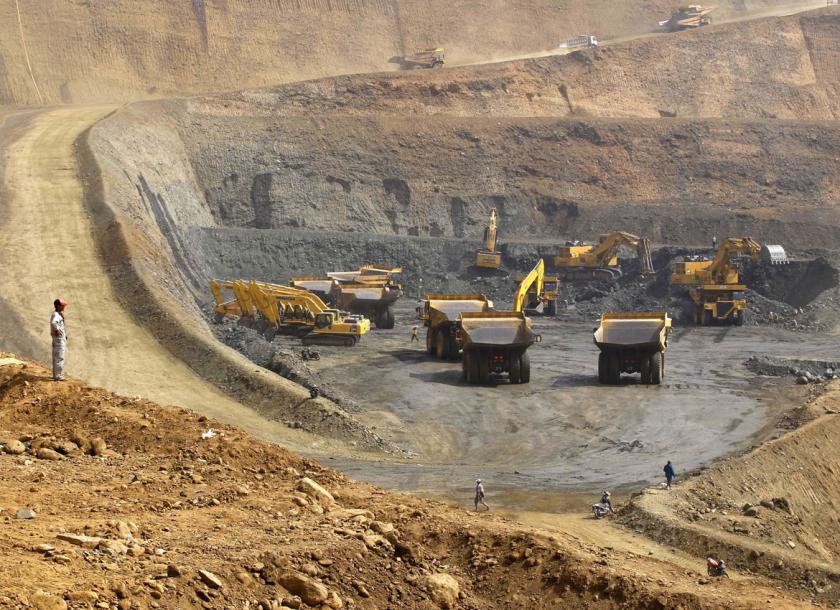
Myanmar authorities expect to raise investments and growth in mining industry after the government permitted local and foreign investments in Myanmar’s mining blocks
Myanmar’s mining industry is expected to expand in next year on the back of higher foreign and domestic investments. And as more permits for small-scale mining in the regions and states will be approved, mineral exports will also improve during the year, U Than Soe, deputy permanent secretary of the Ministry of Natural Resources and Environmental Conservation (MONREC), told The Myanmar Times. Growth in the sector is expected after the government permitted local and foreign investments in Myanmar’s mining blocks under the new Myanmar Mining Rule enacted in February. Under the new legislation, foreign companies will now be able to invest in large-scale sites of more than 500,000 acres (202,000 hectares) as well as medium scale sites of up to 247.1 acres. MONREC will also allow investments in small-scale mining sites for gold and other precious metals of up to 4 acres, sites of up to 10 acres for other minerals and sites for raw industrial materials and precious stones of up to 20 acres. -
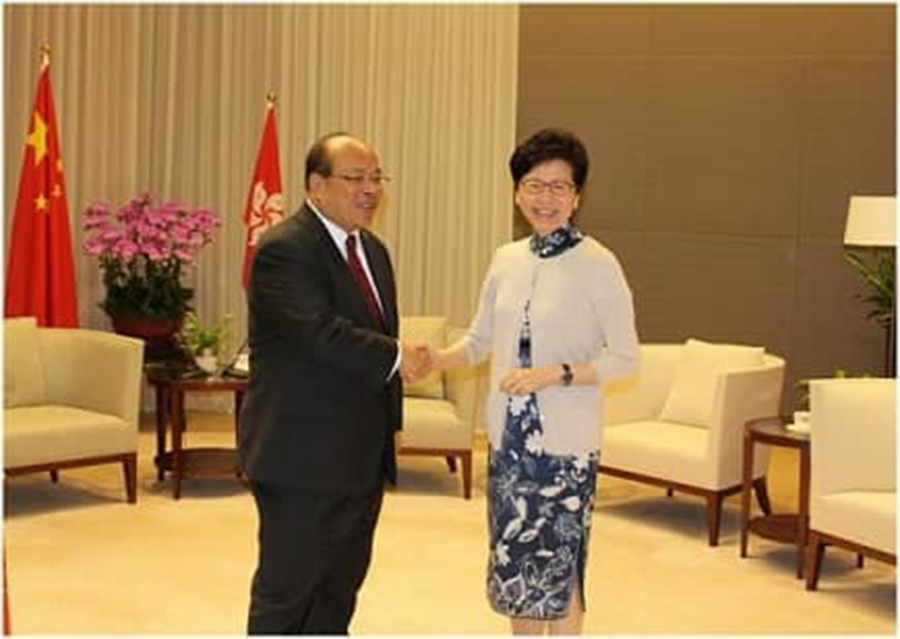
Myanmar government plans to hold a Summit targeting foreign investors from East Asia before the end of the year
YANGON—Looking to arrest a two-year decline in foreign investment, the government plans to hold a summit targeting investors from East Asia before the end of the year, a senior economic official said. “We are open to all countries are who eager to invest in Myanmar. But our main focus this time is East Asian countries,” U Than Aung Kyaw, deputy director general of the Directorate of Investment and Company Administration (DICA), told The Irrawaddy. The Myanmar Investment Commission (MIC) and the Union of Myanmar Federation of Chambers of Commerce and Industry (UMFCCI) expect to hold the summit in December, according to DICA. “Our investment policy has turned to the East,” U Than Aung Kyaw said. Among the East Asian countries and regions Myanmar is wooing are China, Hong Kong, Macau, Japan and South Korea—some of which are already among the largest investors in the country. -
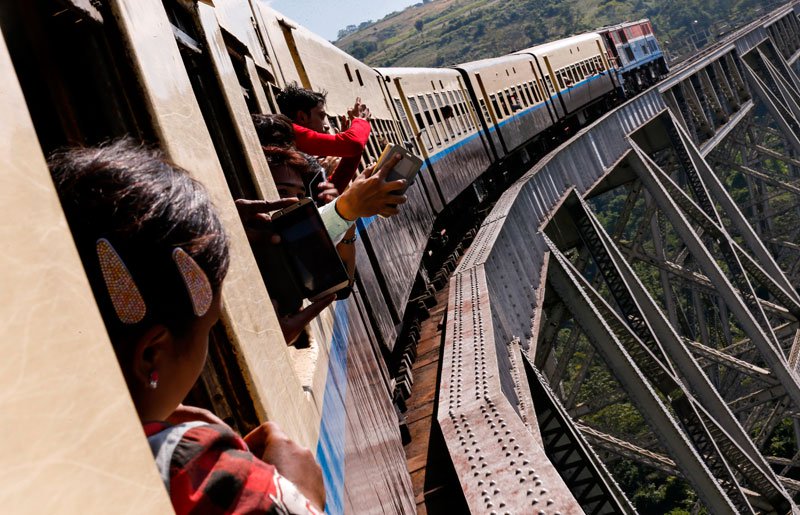
Myanmar and China signed a MOU on feasibility study of a railway linking Muse with Mandalay Region in order to reduce transportation cost and contribute to socio-economic development
China and Myanmar signed a memorandum of understanding (MoU) on Monday to conduct feasibility study of a railway linking Muse, a border town in Myanmar's northeastern Shan state, with Mandalay, the country's second largest city in the north. Under the MoU, inked between China Railway Eryuan Engineering Group Co. Ltd and state-run Myanma Railways, the feasibility study will be conducted within two years covering environmental and social impact assessment. The project is expected to reduce transportation cost, contribute to socio-economic development while conforming to environmental conservation, Myanmar Transport and Communication Minister U Thant Zin Maung said during the signing ceremony. -
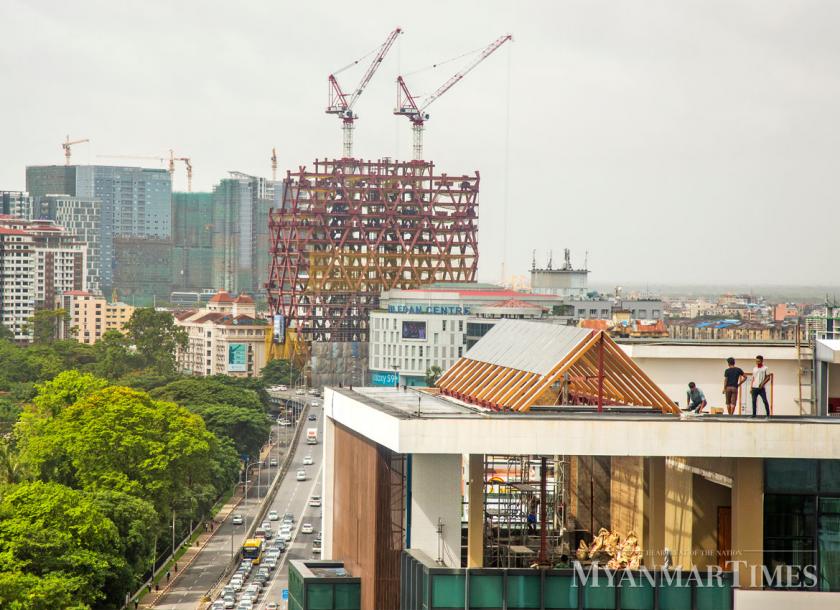
Myanmar real estate market could be more stabilized due to the rising demand for home loans at a specified interest rate from the private banks
Housing loans and repayments of those loans in monthly instalments have begun to flourish in Myanmar’s real estate market since the beginning of this year, as more construction companies and real estate developers collaborate with banks to make home ownership more accessible. These days, banks are offering home loans at a specified interest rate and tenures of 15 years for ordinary apartments and 25 years for condominiums. In the past, payments were mostly made in cash. The government has been building low-cost or affordable housing, but the homes can sometimes still be beyond the reach of those who need them the most, said U Nay Min Thu, managing director of property website iMyanmarHouse.com. -
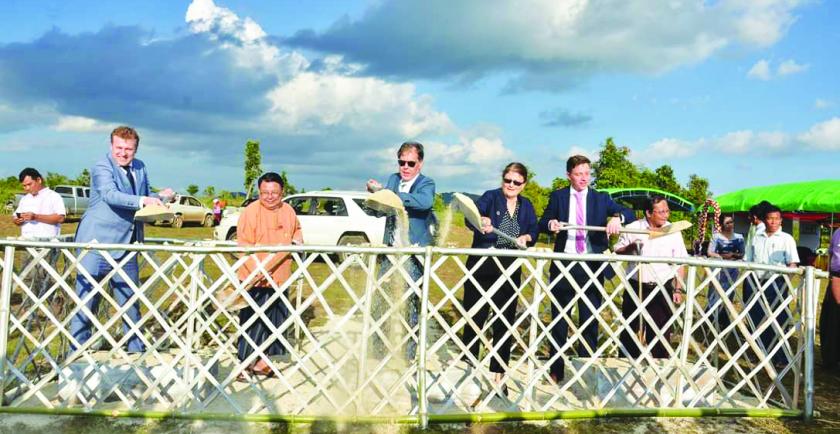
DaNa Facility and De Henus, international animal feed business have made a joint investment of over $ 3.2 million in a new project to increase the productivity of pig farmers across Myanmar
The DaNa Facility, a UK Government Department for International Development (DFID) funded programme, and De Heus Myanmar, a leading international animal feed business, have announced a joint investment of over $3.2 million in an innovative new project focused on increasing the incomes and productivity of pig farmers across Myanmar. The investment will be the largest single business investment in Kayah State. The De Heus project will work to address significant issues facing domestic pork production in Myanmar, including problems related to the quality of feed, breeding stock, veterinary services, bio-security issues and the genetics of domestic pigs, which negatively affect pig producers and consumers across the country. -
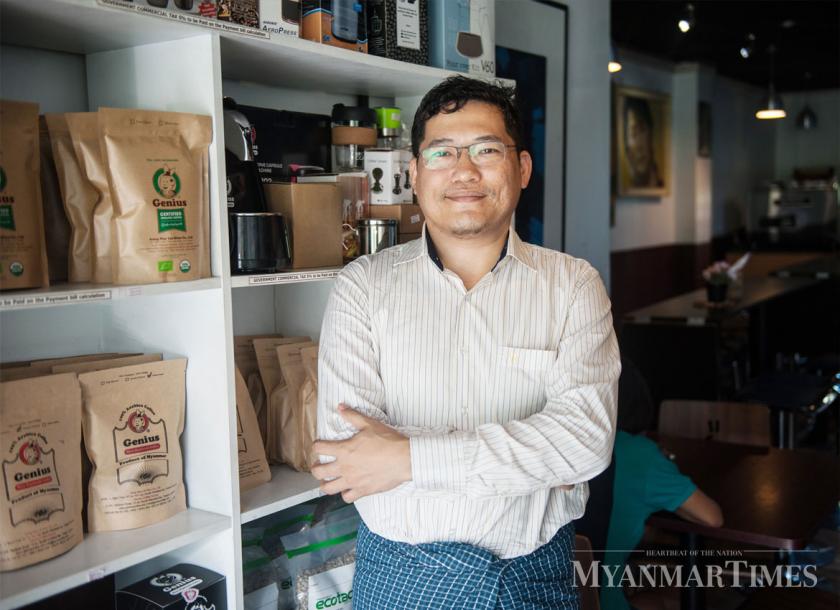
U Ngwe Tun, Founder of Genius Coffee tried to experiment with fermenting raw coffee husks and making wine for a strong boost in growth
The founder of the Genius Coffee business U Ngwe Tun feels there is good potential for the company’s products in local and foreign markets. While the business is focused on growing, processing and distributing coffee beans, U Ngwe Tun is keen on injecting a dose of innovation into the company. He says he is looking into making coffee wine from coffee by-products. “Many coffee businesses just sell coffee beans but discard the husks. I am going to experiment with fermenting raw coffee husks and making wine,” he said. -
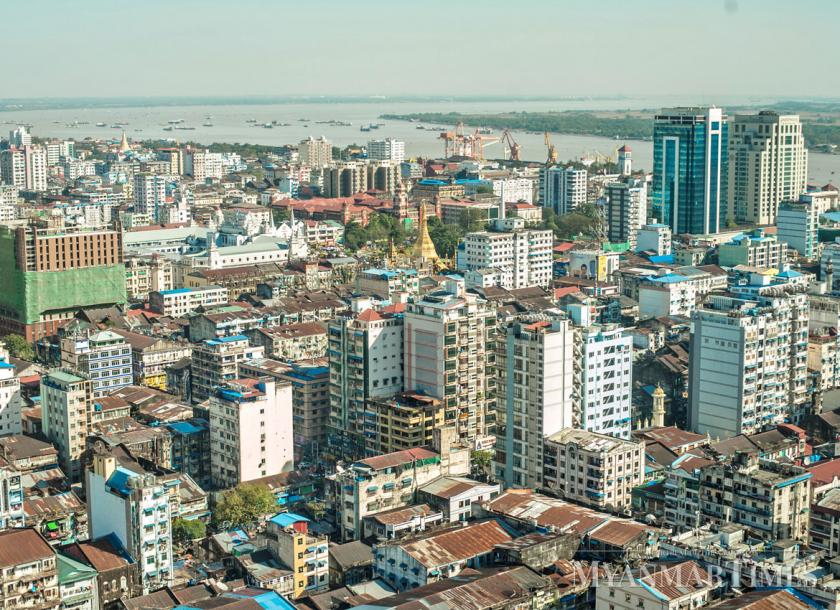
Myanmar is targeting more foreign direct investments from East Asia in the long term in its new Myanmar Investment Promotion Plan (MIPP)
Myanmar is gunning for more foreign direct investments (FDI) from East Asia in the next 20 years under its new Myanmar Investment Promotion Plan (MIPP), U Than Aung Kyaw, deputy director general of the Directorate of Investment and Company Administration (DICA) told The Myanmar Times at a book launch in Yangon on Thursday. Besides strengthening trade ties with its ASEAN neighbours, Myanmar will also target FDI from East Asia, which includes South Korea, Japan and Greater China under its 20-year investment plan, U Than Aung Kyaw said. “Our aim is to invite East Asian countries to raise their investments in Myanmar. We will work on policies that encourage FDI from that region,” he said. Currently, the bulk of FDI in Myanmar is from China, Singapore, Thailand and the UK. The shift east comes on dwindling expectations of major investments from the west, as international pressure mounts for action to be taken to ease the crisis in Rakhine, according to U Aung Naing Oo, director general of the Myanmar Investment Commision. -
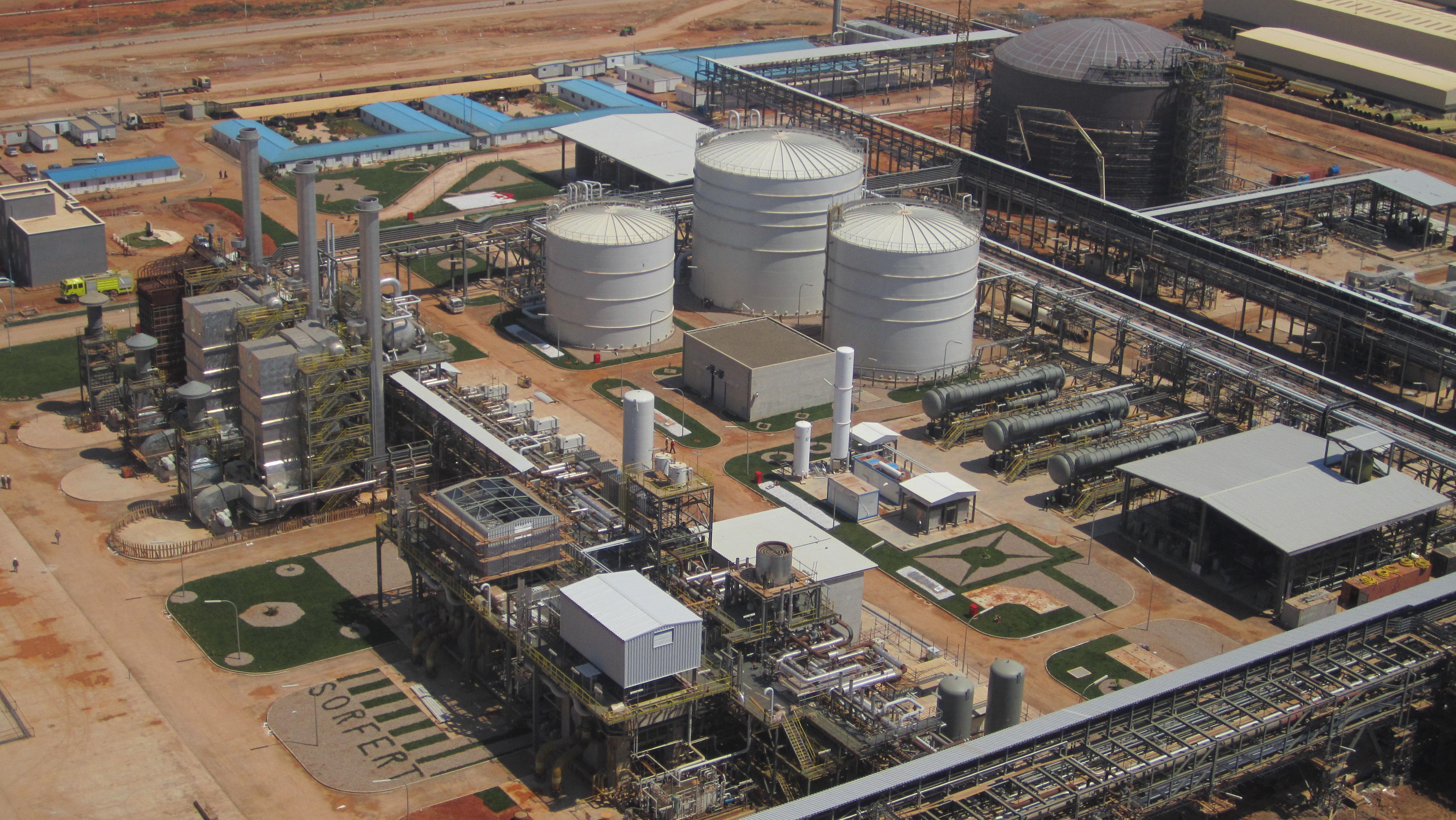
In cooperation with Japanese and Malaysian investors, Myanmar Agribusiness Public Company Limited (MAPCO) opened an Agri First fertilizer plant at Thilawa SEZ
Myanmar Agribusiness Public Company Limited (MAPCO) in cooperation with Japanese investors and Malaysian investors opened an Agri First fertilizer plant at Thilawa SEZ on October 10. The plant, which will produce up to 100,000 tons of fertilizers, it has been implemented with $10 million in investments; 40 percent by MAPCO, 30 percent by Japanese investor Mitsui and 30 percent from Malaysian investor Meyer. “This plant will produce fertilizers—combination of minerals and nutrients such as nitrogen and potassium, which are necessary for farmers. In terms of technology, this plant will use machines made in the Netherlands and will produce fertilizer customized specifically for the soil in the country,’’ U Ye Min Aung, Director of Agri First, said. -
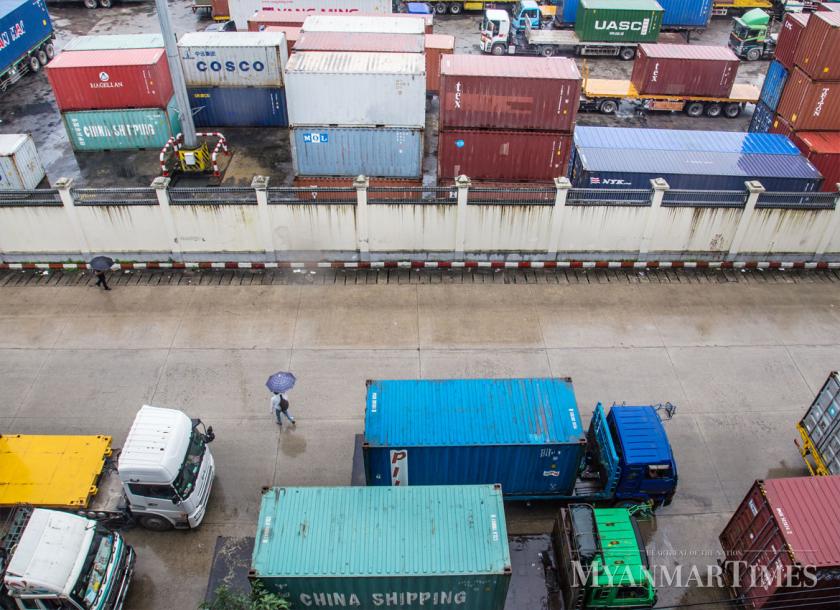
International pressure is mounting in the west to force Myanmar to improve its human rights record although the US and EU are unlikely to impose sweeping sanctions on Myanmar
Although the US and European Union (EU) are unlikely to impose sweeping sanctions on Myanmar as a result of the humanitarian crisis in Rakhine, international pressure is mounting in the west to force the country to improve its human rights record. In that light, Myanmar could face more trade sanctions in the coming quarters, according to a Fitch Solutions report released on October 17. As a result, the research firm has downgraded its GDP growth forecast for Myanmar to 6.6 percent in 2018-19 and 6.8pc in 2019-20 from 6.8pc and 7pc, respectively. “Although we continue to believe that the imposition of sweeping sanctions against Myanmar by western economies remains a measure of last resort, risks of such economically damaging actions have risen considerably, and we expect limited trade sanctions to be imposed over the coming months,” the Fitch report states. -
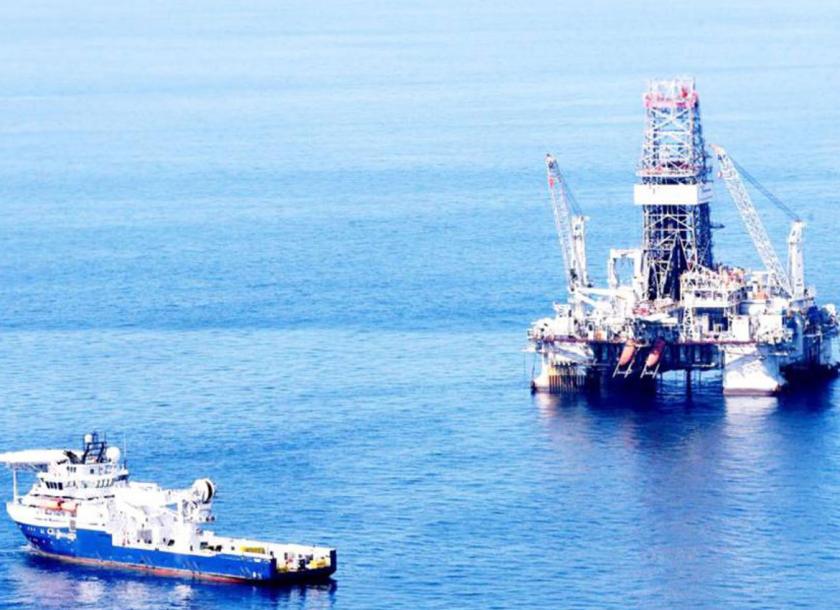
Myanmar government is negotiating several power purchase agreements to meet rising demand: at the same times, there is also concern on whether Myanmar can afford its own gas
As the scramble for more power sources intensifies, focus has centered on tapping Myanmar’s gas fields to meet demand. But can the country afford its own gas? Myanmar is under pressure to double its power production capacity to 6000 megawatts (MW) within the next two years, in order to meet rising demand. Several power generation projects, the most recent of which is the 225MW Sembcorp Myingyan combined-cycle gas plant, have commenced operations. Next month, a 40MW solar plant in Minbu is expected to come onstream. The government is also negotiating terms for several power purchase agreements under which it will buy liquefied natural gas (LNG) to meet the bulk of Myanmar’s energy requirements. While official announcements have yet to be made on this front, insiders and analysts warn that the LNG option, which will involve costly infrastructure and complex logistical requirements, is unlikely to come cheap.
เกาะติดข่าว
Copyright © 2014 Business Information Center All Rights Reserved.







